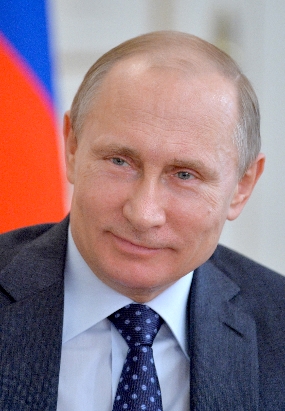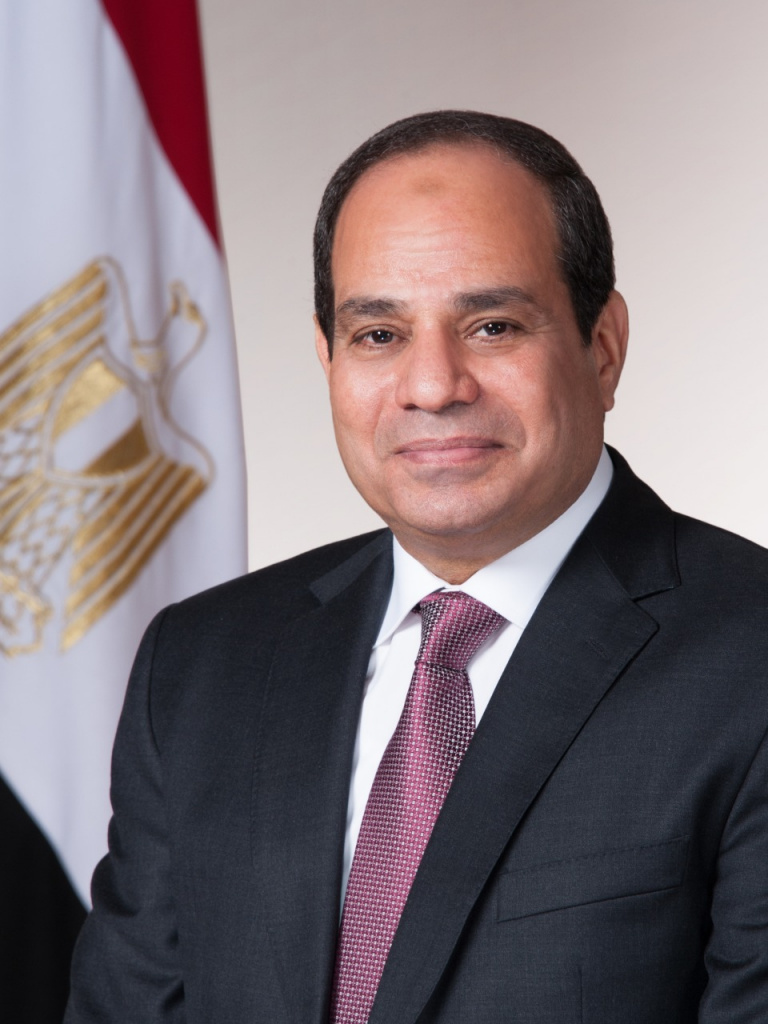Forum Participants Consider Outlook for Eurasian Economic Union Interaction with Africa
A panel discussion entitled ‘EAEU–Africa: Horizons of Cooperation’ took place on 27 July as part of the Russia–Africa Economic and Humanitarian Forum’s business programme focus on the New Global Economy. Among the speakers and experts participating were Member of the Board and Minister in Charge of Integration and Macroeconomics of the Eurasian Economic Commission Sergey Glazyev, President of the Russian Union of Industrialists and Entrepreneurs Alexander Shokhin, and Director of Partnerships Management and Resource Mobilization at the African Union Commission Steve Patrick Lalande among others. The discussion was moderated by Ambassador at Large of the Ministry of Foreign Affairs of the Russian Federation Oleg Ozerov.
Ozerov opened the discussion: “We started working on the structural integration of Russia, the Eurasian Space, and Africa back at the first Sochi Summit in 2019, signing the first important document related to the Eurasian and African Unions, the Memorandum of Understanding on Economic Cooperation, opening a new chapter in cooperation between the EAEU and the African Union. The prolonged pandemic period created an abundance of difficulties, though the dialogue between the EAEU and Africa has been able to make significant progress in spite of the difficult circumstances, and the Eurasian Economic Union has recently stepped up interaction with a number of African states. Dialogue with Egypt has enjoyed particular success with active negotiations on free trade, and the African Continental Free Trade Area was launched during the pandemic. The process is time-consuming and is taking place on multiple levels because the agreements are being negotiated and ratified by national parliaments, but the necessary volume has been gained, with the continental free trade zone launched last year and beginning to gain momentum. Sub-regional associations in Africa have expressed interest in dialogue with the EAEU.”
The speakers were in agreement regarding the current necessity for active engagement of bilateral interstate contacts and the potential of regional economic associations to contribute to trade and economic co-operation between the countries of Eurasia and Africa.
Deputy Minister of Economic Development of the Russian Federation Dmitry Volvach had the following to say: “The Eurasian Economic Union is a crucial component of the emerging global macro-regional structure. We are interested in expanding inclusive economic co-operation with the nations of Africa. A natural characteristic of the evolving structure of international relations is mutually beneficial cooperation between macro-regions, and we consider the countries of Africa to be reliable partners in an equitable dialogue, and what’s more, partners whose potential is far from being exhausted – it is my opinion that we have not yet begun to tap into this potential. Our main goal today is to identify the untapped potential for economic cooperation, to develop mechanisms for its realization, and where necessary, to institutionalize cooperation within our integration associations. We possess the necessary experience, skill sets, and tried-and-tested mechanisms to accomplish this purpose.”
Priority areas for cooperation between the EAEU and Africa include infrastructure and agriculture, trade, investment and business development, and regional economic integration.
Member of the Board and Minister in Charge of Integration and Macroeconomics of the Eurasian Economic Commission Sergey Glazyev drew attention to the great interest Africa had shown towards the possibility of working together with the EAEU. “When we were working on the memorandum of co-operation, we identified priority areas for collaboration. These included agriculture and infrastructure, first and foremost, and trade, investment, and the development entrepreneurship. The most meaningful work, the exchange of best integration practices, is so important for our most delicate area of interaction with Africa – technical regulation. The fact most African nations enjoy preferential treatment and customs barriers for African goods are almost non-existent means the problem of customs and tariffs is not particularly pressing. Sanitary, phytosanitary barriers, and a lack of understanding as to how we ought to regulate access to the Russian food market will, however, require some serious work, I think,” Glazyev said.
Commissioner for Regional Planning and Infrastructure of the Commission of the Economic Community of Central African States (ECCAS) Marie Therese Ngakono Epse Mfoula Edjomo had the following to say: “It is vital that we exchange experience and share best practices, especially with the Eurasian Commission. We must take advantage of our potential in Central Africa. We have so many forests, so much renewable energy and fertile land. We have the potential to be fully autonomous in terms of food security, but we need partners to help us fully realize this potential.”
In turn, Director of Partnerships Management and Resource Mobilization at the African Union Commission Steve Patrick Lalande confirmed that Africa was interested in working together with the EAEU. “The markets in the EAEU and Africa are so different and so large that the opportunities for economic growth are great and could change the global and regional economic landscape. The EAEU and Africa could realistically create the requirements necessary to align for mutual trade. They will become more equitable, create a new order that respects sovereignty and shared values, and benefit one another,” he said.
In his talk, President of the Russian Union of Industrialists and Entrepreneurs Alexander Shokhin drew attention to the numbers: “The UN Conference on Trade and Development (UNCTAD) has estimated Russia’s trade turnover with Africa to be 26 billion – 23 billion in exports from the EAEU and 3 billion in imports to the EAEU. When you compare the figures, the imbalance is clear. This is an indicator of how much still needs to be done to balance out bilateral co-operation and increase the intensity of trade.” Shokhin noted that the RUIE has indexed trade intensity. For Eurasian exports to Africa, it is 1.13, but only 0.27 for African exports to the EAEU. “It has been estimated that if we were to tap into the full potential for mutual trade at present, African exports to the EAEU could reach RUB 11 billion, i.e., an almost fourfold increase. Logistics (ships departing loaded and returning empty) increases transactional costs and prevents us from realizing our full potential. Our business strives to make co-operation with African partners mutually beneficial,” he said.
The Roscongress Foundation is the organizer of the Second Russia–Africa Summit and Economic and Humanitarian Forum.
The website of the event: summitafrica.ru


